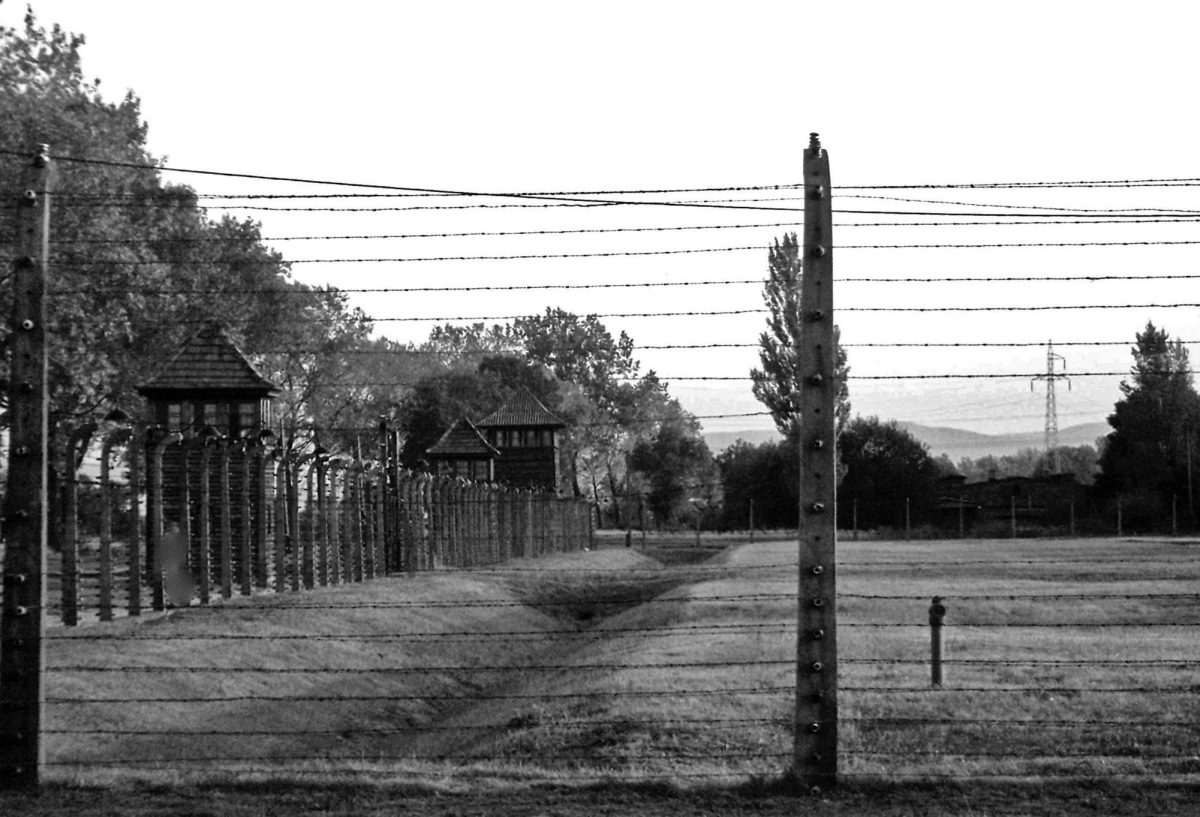A new course has been added to Bucks this spring 2024 semester that aims to teach students the impact and true history of the Holocaust.
A three-credit, no prerequisites required “History of the Holocaust” course (HIST133) taught by Bucks Language and Literature Professor and American English as a Second Language Coordinator Paula Raimondo is occurring in Grupp Hall on Tuesday and Thursday mornings.
Amid an unprecedented political and cultural global landscape, the “History of the Holocaust” class aims to equip students with the type of contextual and historical skills necessary to understand and ultimately dissect issues of the world on the grandest of scales.
The Holocaust was the systematic and state-sponsored extermination of European Jews in Germany led by Adolf Hitler and the Nazi party. The genocide persecuted and murdered over six million people from 1933 to 1945.
Raimondo, emphasizes that “Holocaust and genocide studies is an interdisciplinary field, so we’re always trying to piece together all the intersections of events, factors and ideas — and sometimes that means thinking and asking questions like a sociologist, sometimes like an economist, and so on.”
The course is unique in its complexity and purpose, and as one participating student said the class’s “focus is different” and more aimed towards truer historical meaning. Saying this is a course filled with “very relevant information,” but it “steps away from generalized knowledge… and what we know of the world.”
Raimondo points out, “With a multitude of viewpoints, you’re able to move forward,” and in her course, this includes “building literacy,” particularly media literacy. “If you want a way in,” she said, “you need some literacy in that area.”
A central goal of hers is to “present a wide variety of primary sources so that students understand the range and complexity of individuals’ experiences and responses.”
All students in the class come with different backgrounds and objectives. One student is especially interested in finding and discussing the “similarities between then and now,” as she further explains that although “there is a resurgence of interest… I’m frightened (for this generation.”
Raimondo affirms that in this course they are “studying history with the general goal of how to avoid resurgence.” During study, we “start to see our ways of contextualizing are limited,” and despite difficulties and complexities, there is “hope and optimism.”
She reminds prospective students, “Anyone who’s signing up don’t be looking for any answer,” instead, it’s most important to “figure out what the questions are.”
In terms of who should prospect the course, Raimondo assures students “that this isn’t just a class for ‘history nerds’; a student might be interested in social justice, geopolitics, human behavior or even LGBTQ+ and gender studies. The Holocaust is what’s referred to as a ‘limit event,’ meaning an event of such magnitude that it calls into question everything that’s considered ‘normal’ or normative— so there is a lot to unpack.”


